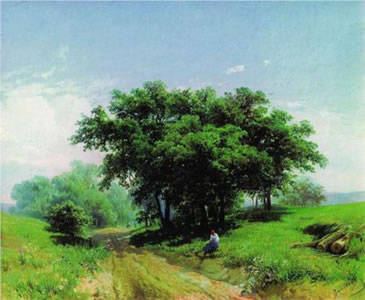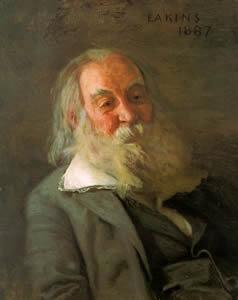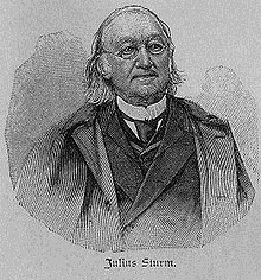Dolce far niente

Feodor Vasilyev, Warme zomerdag, 1869
A Summer Invocation
Thou orb aloft full dazzling,
Flooding with sheeny light the gray beach sand;
Thou sibilant near sea, with vistas far, and foam,
And tawny streaks and shades, and spreading blue;
Before I sing the rest, O sun refulgent,
My special word to thee.
Hear me, illustrious!
Thy lover me—for always I have loved thee,
Even as basking babe—then happy boy alone by some wood edge—thy touching distant beams enough,
Or man matured, or young or old—as now to thee I launch my invocation.
(Thou canst not with thy dumbness me deceive.
I know before the fitting man all Nature yields.
Though answering not in words, the skies, trees, hear his voice—and thou, O sun,
As for thy throes, thy perturbations, sudden breaks and shafts of flame gigantic,
I understand them—I know those flames, those perturbations well.)
Thou that with fructifying heat and light,
O’er myriad forms—o’er lands and waters, North and South,
O’er Mississippi’s endless course, o’er Texas’ grassy plains, Kanada’s woods,
O’er all the globe, that turns its face to thee, shining in space,
Thou that impartially enfoldest all—not only continents, seas,
Thou that to grapes and weeds and little wild flowers givest so liberally,
Shed, shed thyself on mine and me—mellow these lines.
Fuse thyself here—with but a fleeting ray out of thy million millions,
Strike through this chant.
Nor only launch thy subtle dazzle and thy strength for this;
Prepare the later afternoon of me myself—prepare my lengthening shadows.
Prepare my starry nights.

Walt Whitman (31 mei 1819 – 26 maart 1893)
Portret door Thomas Cowperthwaite Eakins, 1887
Zie voor de schrijvers van de 21e juli ook mijn blog van 21 juli 2011 deel 1 en eveneens deel 2.

